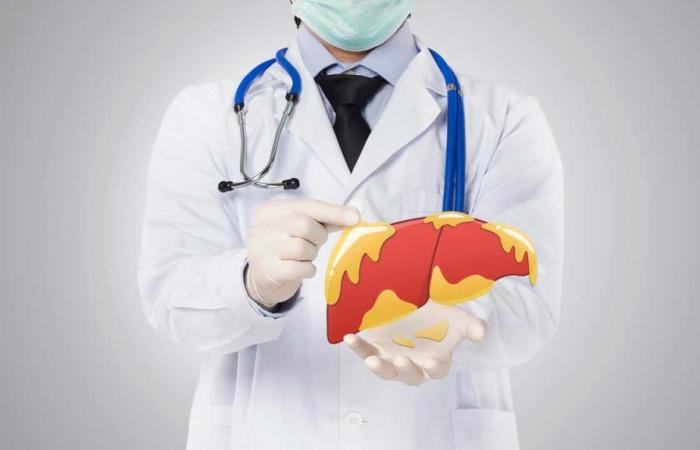Hepatic steatosis, also known as fatty liver, is a condition characterized by excessive accumulation of fat in the liver. Although it is often associated with liver problems such as inflammation and scarring, this condition can also affect other parts of the body, including the mouth.
According to the Ministry of Health, in mild cases of hepatic steatosis, the disease does not cause symptoms, these are more common when complications appear.
Credits: ohorillaz/istock
Hepatic steatosis can cause signs in the mouth
Some signs and symptoms in the mouth may be related to hepatic steatosis
Gingivitis and periodontitis
Hepatic steatosis is associated with an increased risk of developing periodontal diseases such as gingivitis and periodontitis. This may be due to the systemic inflammatory response resulting from the presence of fat in the liver.
Therefore, chronic inflammation can affect gum health, leading to bleeding, sensitivity and loss of gum tissue.
Xerostomia (dry mouth)
Dry mouth is common in people with fatty liver disease, especially those who also have diabetes, another condition often associated with fatty liver disease.
Consequently, decreased saliva production can lead to symptoms such as dry mouth, excessive thirst, difficulty swallowing and bad breath.
Saliva plays an important role in protecting oral tissues against infections, so reduced salivation can increase the risk of cavities, fungal infections and other oral problems.
Glossitis
In addition to these problems, glossitis, inflammation of the tongue, can also occur in people with fatty liver.
This may be due to a deficiency of nutrients, such as B vitamins, which are necessary for the health of the tongue and other oral tissues.
Glossitis can cause pain and discomfort in the tongue, changes in the appearance of the tongue (such as redness and swelling), and difficulty eating and speaking.
Bad breath
Hepatic steatosis can contribute to the development of bad breath in several ways.
Dry mouth, gum inflammation and glossitis can all cause unpleasant mouth odor.
Additionally, a fatty liver can excrete toxins in saliva, contributing to bad breath.
Mouth injuries
In some cases, lesions in the mouth, such as aphthous ulcers or sores, may be associated with fatty liver disease, especially in people with advanced liver disease.
These injuries can result from a compromised immune system or nutritional deficiencies caused by liver disease.






